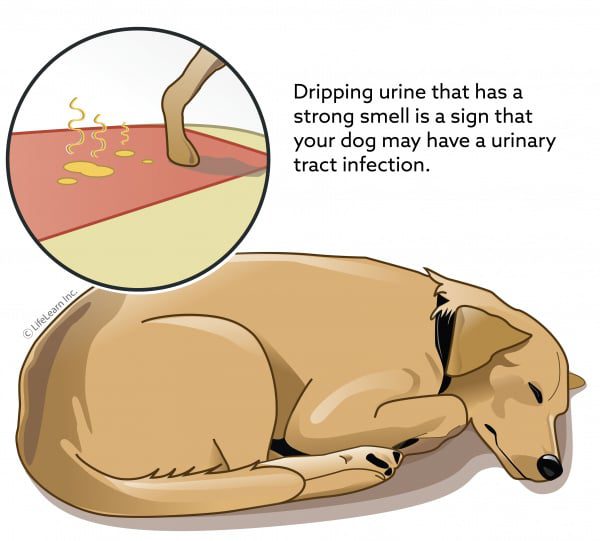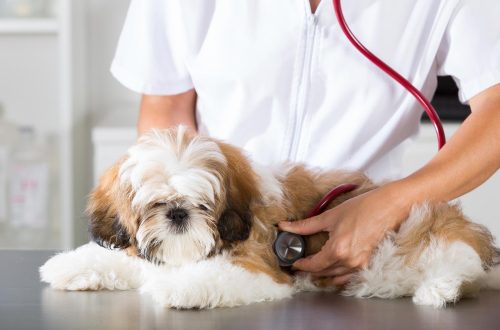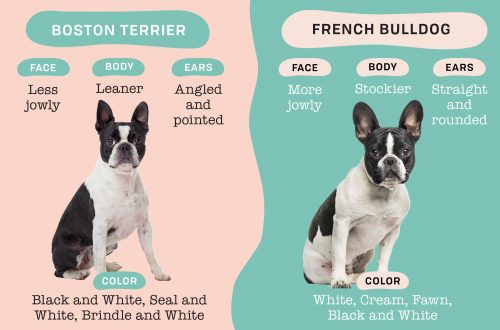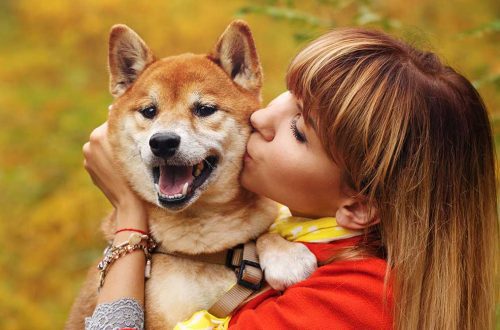
Urination problems in dogs: what you need to know about it
Your harmonious relationship with your pet can be disturbed by troubles such as problems with urination. When your toilet trained adult dog urinates in the house, you may think that he is doing it out of anger and that he should be punished. But the fact is that the violation of urination in animals is not their fault, and the reason, as a rule, is in no way connected with bad behavior.
Why does the dog urinate in the house
A dog can make a mess in the house for many reasons. Sometimes, due to drinking too much water, she has frequent urination and cannot do her chores outside. Or perhaps she was toilet trained incorrectly. It is often difficult to teach an animal that you need to urinate on the street, and only on the street! The problem can arise if you sometimes let your dog urinate at home in a certain place, such as on a diaper. Dogs can easily confuse what is allowed and what is not.
It may happen that your dog is marking his territory. As a rule, it is observed among uncastrated males, and stops after the corresponding procedure. True, neutered males and spayed bitches may also occasionally urinate indoors, especially if they feel threatened by another animal.
Dogs do not express psychological problems, such as anxiety, through urination. In addition to the above, a dog may urinate in the house for one of the following reasons:
- Increased arousal. While overexcitation incontinence is most common in puppies, this pattern of behavior persists in some dogs as they mature.
- Submission. Sometimes urination indicates submissiveness to other dogs or animals, or to a person.
- Anxiety or fear. Urinating in the home can be a response to fear or anxiety. If your dog urinates when he is alone, this may indicate separation anxiety. The animal may have a fear of going outside due to environmental irritants such as loud noises.
- Change of environment. If you’ve recently moved and your dog’s routine has changed, he may not understand that he shouldn’t urinate in his new home either. In this case, additional toilet training is necessary to let her know that in the new house you can’t urinate indoors and your business should be done exclusively on the street.
Urination disorders due to health problems
Of course, if a well-bred and toilet-trained dog leaves puddles in the house, this may indicate symptoms of the disease. Some health conditions cause a dog to be unable to control the muscles of the bladder, while infections and other illnesses increase the urge to urinate. Violation of urination occurs in connection with the following health problems:
- Diabetes.
- Pain when squatting or lifting a paw to urinate.
- Infection of the bladder or urinary tract.
- Stones in the bladder.
- Diseases of the kidneys or liver.
- Tumor.
- Cushing’s or Addison’s disease.
- Diseases of the adrenal glands.
- intestinal parasites.
- Cognitive problems due to brain disease or dementia.
- Diseases and conditions associated with age.
What to do
If your dog begins to urinate in the house, the first thing to do is to take him to the veterinarian for a checkup to rule out the possibility of a serious illness. If she suffers from a certain disease, there is a chance that after treatment the problem will also disappear.
However, if the problem is age-related or chronic disease and the urinary problem cannot be corrected, consult your veterinarian for a compromise solution that will make your dog’s care and life easier. You may need to take your dog for a walk or let it go outside more often, or determine a place and put a diaper on for a time when you are not at home. Pampers for dogs will also help reduce the number of unpleasant incidents.
For urinary problems due to behavioral problems, also consult your veterinarian. For more serious problems, such as separation anxiety, a dog behaviorist can help and prescribe appropriate treatment to address urinary problems in the home. You can also consult with a canine trainer about a refresher course to teach your dog the do’s and don’ts. To clean the places where the dog left puddles, you should use enzymatic household chemicals to remove the smell and traces of urine and eliminate the possibility of re-disgrace in the same place.
Don’t punish your dog for urinating in the house, as dogs don’t always associate bad behavior with punishment, so things can only get worse. Especially if you leave the dog at home alone, and when you return, you see the consequences in the form of a puddle, but do not catch the dog “in the act.” Despite the common myth, one should not poke her nose into a puddle of urine, as she most likely will not establish a connection between bad behavior and appropriate punishment. Instead, focus on rewarding your dog’s good behavior when they go to the toilet outside, such as treats, praise, and love. You can even reward her for wanting to go outside when she sits at the front door or rings a bell.
It’s hard to stay calm and patient when your dog has ruined your favorite carpet or you’re tired of cleaning up puddle after puddle, but it helps to see that urinary incontinence is not a sign of defiance, but rather a cry for help. Regardless of whether the problem is behavioral or medical, determining its nature helps to get rid of it and wean the dog from dirtying the house.





